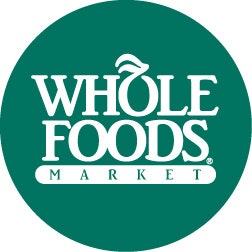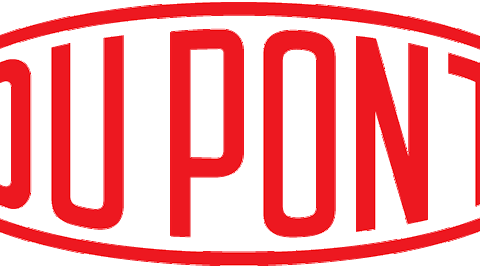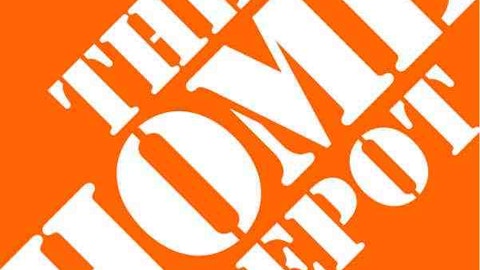Whole Foods Market, Inc (NASDAQ:WFM) has made a bold statement many of its major grocery rivals would never dare make. The organic and natural grocer is mandating that its suppliers label the products it sells in its aisles to disclose whether they contain genetically modified organisms (GMOs).
A major move like this — which absolutely goes against status quo — is why Whole Foods Market, Inc. (NASDAQ:WFM) is one of my favorite stocks as well as a component of the Prosocial Portfolio I’m managing for Fool.com.

Many Americans likely remain unaware that GMOs are present throughout our food supply. Most corn and soybeans are genetically modified at this point, and these are ingredients in scores of popular foods. A quick glance at nutritional labels will reveal how many popular conventional foods contain high-fructose corn syrup, for example.
Many of the products Whole Foods Market, Inc. (NASDAQ:WFM) already carries have already disclosed that they’re GMO-free on their labels. According to the grocer, customers respond very well, showing a healthy market for such products, with some enjoying 15% to 30% sales increases. Furthermore, organic products don’t need to be labeled as GMO-free, since that’s part of the organic definition.
The daring move comes after the California Proposition 37 defeat, which sought to require all food companies to label products including GMOs. That defeat came after powerful, cash-rich companies such as Monsanto Company (NYSE:MON) , PepsiCo, Inc. (NYSE:PEP) , and The Coca-Cola Company (NYSE:KO) shelled out millions in an anti-labeling campaign. Whole Foods Market, Inc. (NASDAQ:WFM) and The Hain Celestial Group, Inc. (NASDAQ:HAIN) were among the companies that backed GMO labeling.
Some scientists and companies, as well as the Food and Drug Administration, say genetically modified foods are no different than their counterparts whose genes haven’t been tinkered with.
Still, critics claim that there hasn’t been enough study, and some even say that scientific findings about negative impacts of GMO crops and their effect on health and the environment have been suppressed or too flippantly dismissed. However, the most compelling and commonsense part of the pro-labeling argument may simply be that consumers have a right to know what they’re eating and how it has come to be on their plates.
Seeds of change
Although Whole Foods has imposed a five-year deadline for its suppliers to get with the program, note that it’s the only major grocer that’s pushing its suppliers on this issue, and that’s a pretty amazing move. It’s already the major grocer that far and away carries the most certified non-GMO products in North America, with that number of products coming in at 3,300.
As always, Whole Foods is ahead of the curve compared to many conventional rivals. Here’s another interesting element on the horizon: Some huge companies are beginning to start a constructive discussion about GMO labeling laws, given clear momentum in the right-to-know movement and more GMO labeling-related ballot initiatives in other states. The New York Times reported in January that executives from behemoths Pepsi, ConAgra Foods, Inc. (NYSE:CAG) , and Wal-Mart Stores, Inc. (NYSE:WMT) met with pro-labeling groups to discuss lobbying for a national labeling program.
It’s becoming clear that these companies must acknowledge the writing on the wall: It simply doesn’t look good to take a position that your customers should be kept in the dark because you believe you know better what’s good or safe for them to consume. .
Wal-Mart even getting into the discussion about forcing a change like this is a huge deal, but Whole Foods has been consistently ahead of the curve, first in offering so many GMO-free products to begin with and now for vowing to make the complete shift to labeling. It’s one store where consumers will know they’ll have the full scoop on this issue by 2018.
Monsanto and DuPont , both the biggest companies specializing in genetic modification of seeds, stand to lose big time should the tide continue to turn. Investors should be aware of the risks of rejecting consumers’ right to know, given their industry’s patronizing defense that mandatory labeling could “mislead or confuse” consumers.
Pepsi and its ilk can regain some goodwill by furthering the movement to label such foods (and, ultimately, maybe even remove them from their product offerings). Last fall, I expressed disappointment in Prosocial Portfolio stock Pepsi’s involvement in contributing money to anti-Prop 37 efforts.
Some may not understand why Whole Foods is such a strong investment to own for the long term, but situations like this one tell you exactly why. Whole Foods isn’t just “another grocer.” It’s willing to make bold moves into the future, not kick and scream about staying in the past. The market’s been speaking louder and louder on the GMO issue, and Whole Foods has obviously been listening.
The article Whole Foods: Bold Moves Make a Great Investment originally appeared on Fool.com and is written by Alyce Lomax.
Alyce Lomax owns shares of Whole Foods Market. The Motley Fool recommends Coca-Cola. It recommends and owns shares of Hain Celestial, PepsiCo, and Whole Foods Market.
Copyright © 1995 – 2013 The Motley Fool, LLC. All rights reserved. The Motley Fool has a disclosure policy.





